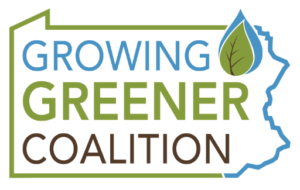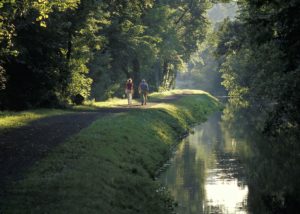Two grants from the Environmental Stewardship Fund are enabling the Wyoming County Conservation District to implement projects to improve water quality throughout Wyoming County.
The first grant, in the amount of $31,555, will be used to fund the Nutrient/Sediment Pollution Reduction Initiative. This initiative aims to implement agricultural best management practices at 4 different locations throughout Wyoming County, helping to stabilize impaired areas contributing that are contributing to poor stream quality conditions and affecting the health of the local water quality.
The second grant, in the amount of $80,731, will be used to fund the project, Controlling Nutrients within an HQ Watershed. This project plans to construct a roofed concreate manure storage facility for an agricultural operation located near Bowmans Creek.
Bowmans Creek, an approximately 26-mile-long tributary of the Susquehanna River, is designated as a High-Quality Coldwater Fishery and Migratory Fishery. The funding for this project will be beneficial in maintaining the Creek’s high-quality conditions, contributing to the region’s tourism economy and as a center for fishing and other outdoor recreational pursuits.

